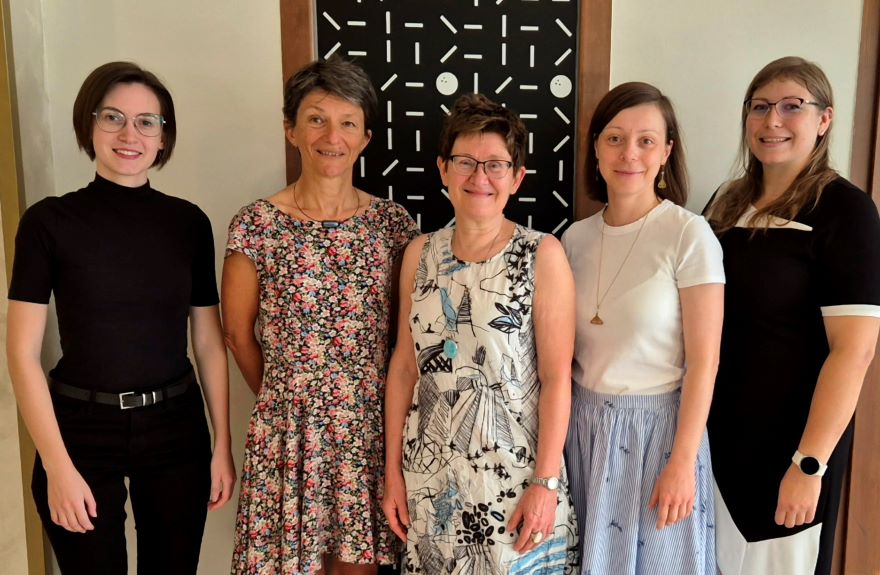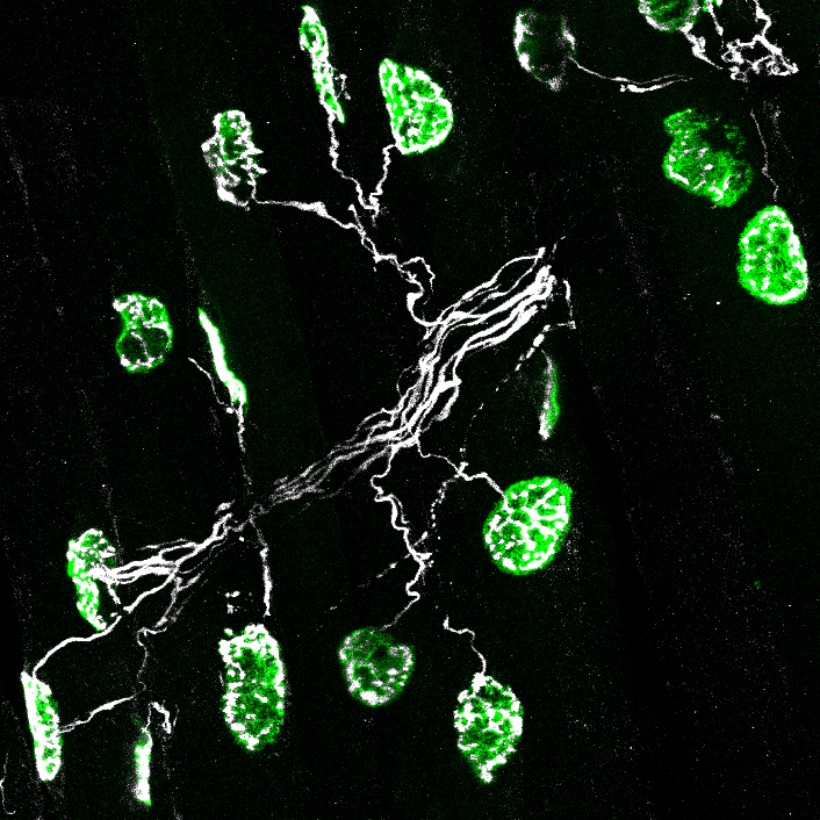
At the Ceremonial Hall of SZTE’s Main Building, the SZTE Innovation Awards were presented during SZTE’s 13th Innovation Day. The ceremony began with welcome speeches by Prof. Dr. László Rovó, Rector of the University, and Dr. Veronika Varga-Bajusz, State Secretary for Higher Education, followed by addresses from Dr. Gábor Szabó, Chairman of the Board of Trustees of the Foundation for the University of Szeged, and Dr. Katalin Karikó, Nobel laureate and research professor at the University of Szeged.

The L’Oréal-UNESCO For Women in Science Programme was established in 1998 with the aim of support the advancement of young female researchers in their scientific careers. PhD students, postdoctoral fellows and research physicians are eligible to apply for the award.

A new seminar series for young researchers has begun at the HUN-REN Biological Research Centre seeking to offer to the local community a comprehensive overview of the specific features, challenges, and opportunities of a scientific career. As part of the series, participants could attend two exciting lectures on 30 September 2025.

Roland Wirth and colleagues at the HUN-REN Biological Research Centre, Szeged, Institute of Plant Biology, Microbial and Plant Genomics Research Group, led by Gergely Maróti, investigated the prevalence and the potential human health effects of antibiotic resistance in the microbiome of the municipal wastewater treatment plant in Szeged.

Nature still hides numerous ingenious solutions. DMT, or dimethyltryptamine is a natural psychoactive molecule found in many plants and mammals. According to an article published in Science Advances, DMT was found to reduce the harmful effects of stroke in animal models and cell culture experiments. The study was authored by researchers from the HUN-REN BRC Institute of Biophysics and Semmelweis University Heart and Vascular Centre, and led by Prof. Mária Deli, Prof. Zoltán Nagy, and Dr. Sándor Nardai.

Amyotrophic lateral sclerosis (ALS) is a progressive, incurable neurodegenerative disorder, characterized by systemic immune alterations and denervation of the neuromuscular junctions (NMJs). The exact mechanisms that lead to NMJ degeneration are unknown.

The European Research Council (ERC) has announced the list of winners of the ERC Proof of Concept (PoC) grant. 150 projects will receive a total of €22.5 million in funding, each worth €150,000 and lasting 18 months. The aim of the PoC grants is to promote the application of scientific results from ERC-funded research that show industrial potential.

Our colleague has been elected among the world’s leading life science researchers
Gábor Juhász, researcher at the HUN-REN Biological Research Centre in Szeged and at the Department of Anatomy, Cell and Developmental Biology at Eötvös Loránd University (ELTE), has been elected a member of the European Molecular Biology Organization (EMBO). Election to the EMBO Membership is a lifelong honour that recognizes internationally acknowledged scientific excellence and outstanding achievements in the life sciences.